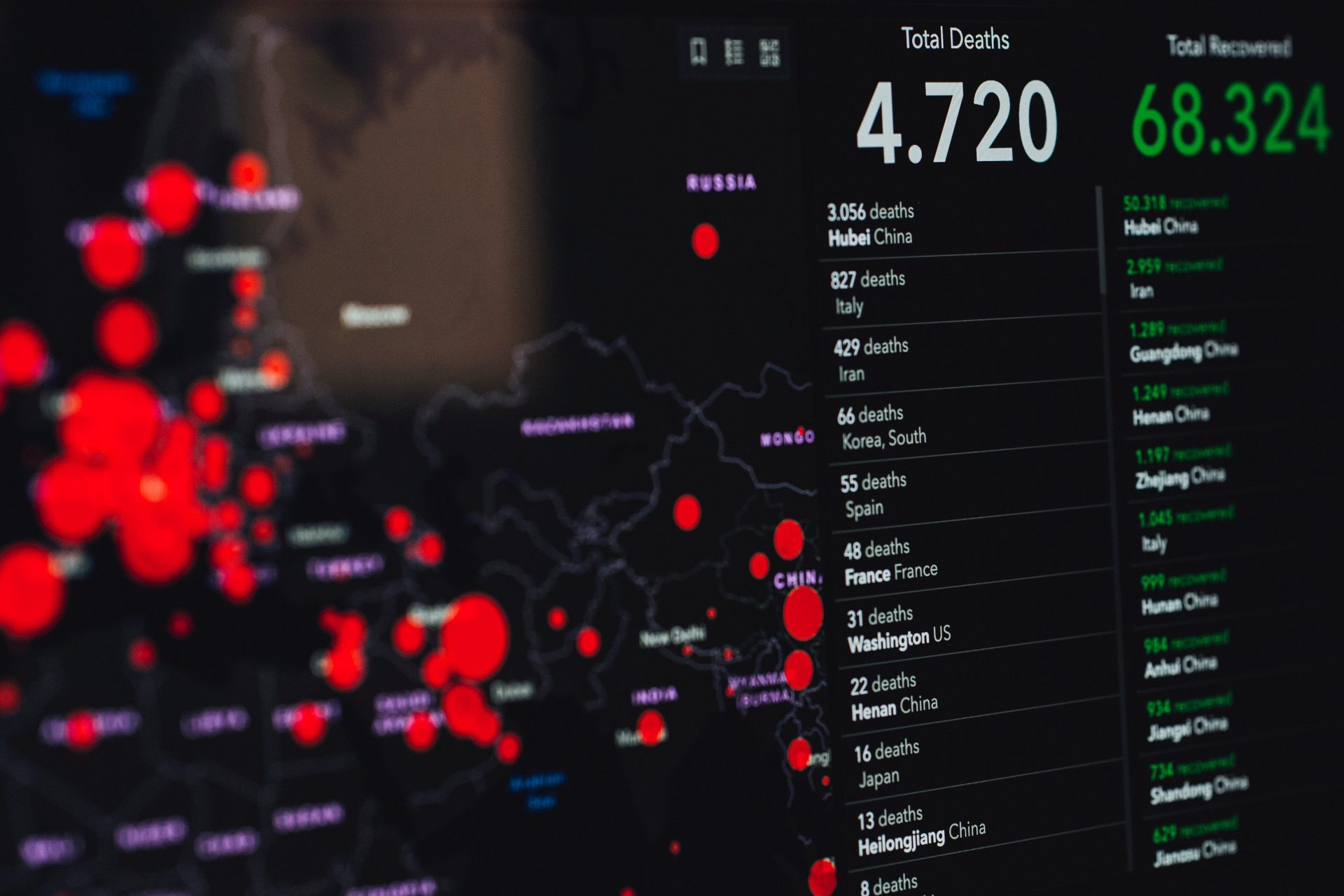Big Data refers to assets of a colossal volume of high velocity and highly valuable information. So, the information in Big Data can be processed only using advanced tools and platforms to improve decision-making, process automation, and insight discovery.
Why Big Data
The huge surge in data generation can be attributed to the growing popularity of social media and the increase in the number of apps being downloaded on various devices. Moreover, social media platforms attract millions of users daily, scaling up data generation by huge volumes. So, such data must be handled and processed differently. That’s where Big Data comes into the picture.
The entry of Big Data analytics has revolutionized the IT field. The use of analytics combined with new-age technologies such as data mining, machine learning, and statistics helps organizations and IT teams perform multiple operations quickly on a single platform.
Why Do Businesses Need the Big Data Platform?
The Big Data platform brings together all the features and capabilities of many applications within one solution. Also, it combines servers, storage, databases, management utilities, business intelligence, and others.
Also, Big Data focuses on providing users with the best analytics tools to analyze massive amounts of datasets. So, they are highly valuable for data engineers as it helps segregate and analyze data and use them for driving business prospects. Additionally, they use advanced tools to discover patterns and relationships in datasets using machine learning algorithms.
It also focuses on providing users with efficient analytics tools for massive datasets. Moreover, data engineers often use these platforms to aggregate, clean, and prepare data for business analysis. Data scientists use this platform to discover relationships and patterns in large data sets using a Machine learning algorithm.
The Crucial Components of Big Data Platform?
The key components of a big data platform include the following:
1. Data Ingestion, Management, ETL, and Warehouse
These resources are vital for effective data management and data warehousing processes. So, they treat data as a valuable resource.
2. Stream Computing
It is needed for the management of streaming data which is used for real-time analytics.
3. Analytics/ Machine Learning
Advanced analytics and machine learning are features needed for big data management.
4. Integration
The integration feature allows users to integrate data from any source effortlessly.
5. Data Governance
Data Governance offers comprehensive security, ease of control, and the right solutions to protect data.
6. Accuracy
Advanced analytic tools help remove erroneous data that has not undergone any analysis. Businesses can make the right decision by using accurate information.
7. Scalability
Users can scale the application to analyze the increasing volume of data efficiently. Storage capacity can also be scaled up.
8. Reduced Latency
Latency can be remarkably reduced, and high throughput can be achieved using the combination of warehouse and analytics tools.
Advantages of Big Data
The demanding nature of modern consumers has impacted business processes in multiple ways. They explore various options before making the final buying decision. They also expect customized service and the best pricing. Big Data helps in effective engagement with customers by providing actionable data. You can check the profile of consumers and their conversations on social channels to get an accurate idea of their needs and expectations and deliver exactly what they want.
Some Advantages Include:
- With information extracted from big data, you can redevelop or revamp the products/services to match the needs of your targeted audience.
- Also, you can test different variations to determine how minor alterations affect your process or product. This can help you make the improvements you need in the manufacturing process.
- Big Data Predictive analysis will help you stand up to competitors and be one-up on them. By examining and evaluating social media feeds and newspaper reports, you can tweak your marketing strategies to derive better results.
- Additionally, Big Data ensures the safe keeping of your crucial data. Big data tools can map the business landscape, and the analysis can help thwart internal threats. You can find out if your most sensitive data has the level of protection it needs.
- With Big Data, you can expand your income streams. Moreover, a detailed analysis of big data can give you the information needed to create a new revenue resource.
- Big Data analysis can help improve your website’s look, feel, and content and make it more dynamic. You can personalize the appearance to match the demands of your visitors so that it appeals to them better.
- Big data can come in handy in spotting potential issues, failing devices, and components in a factory or manufacturing unit. You will get sound and reliable advice on when to replace them. It will help you run your unit without interruptions caused by machinery breakdowns or systems not working at their peak efficiency.
- In the healthcare industry, Big Data can allow physicians and specialists to detect life-threatening issues at a very early stage. Likewise, they can take the appropriate steps to prevent the condition from worsening by prescribing the proper medications.
Conclusion
We have discussed big data, its applications, and how big data platforms can help businesses improve their processes. When used effectively, big data can help improve efficiency levels, output, and revenue dramatically. So, you must make the right choices from the various technology options available to leverage the benefits of big data optimally.









